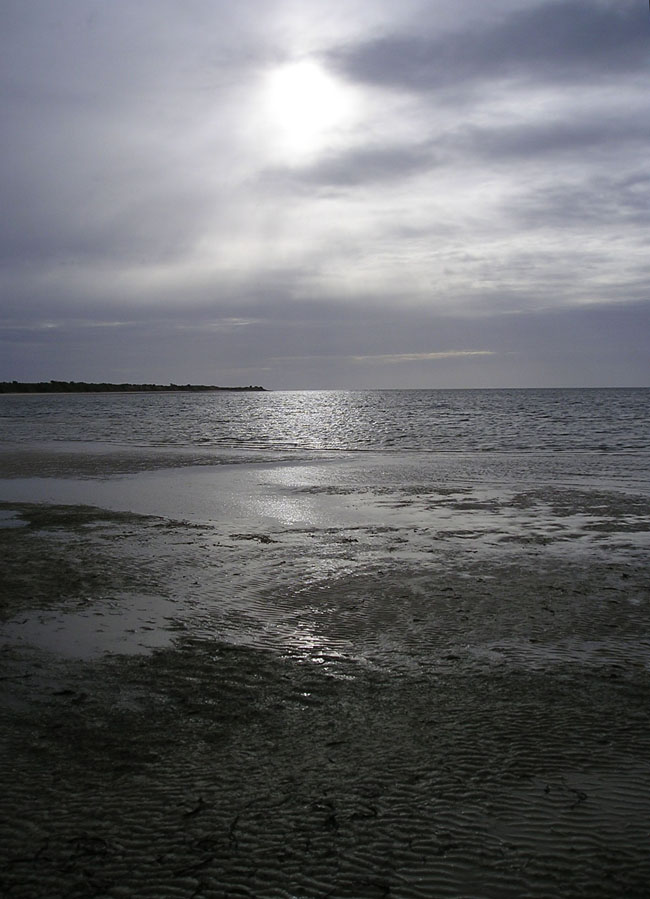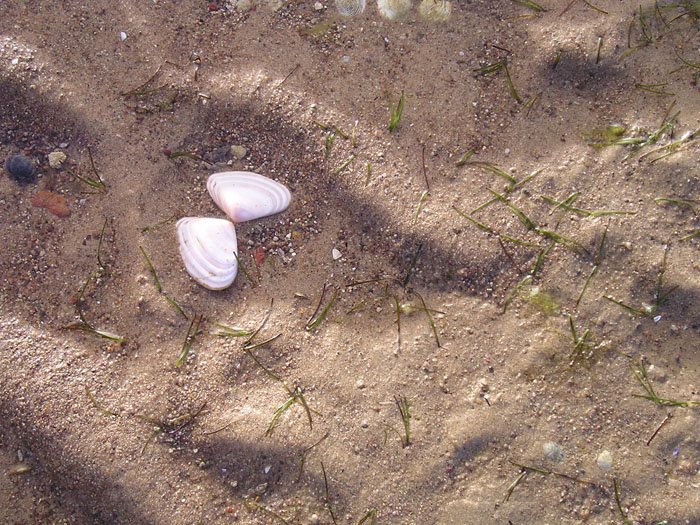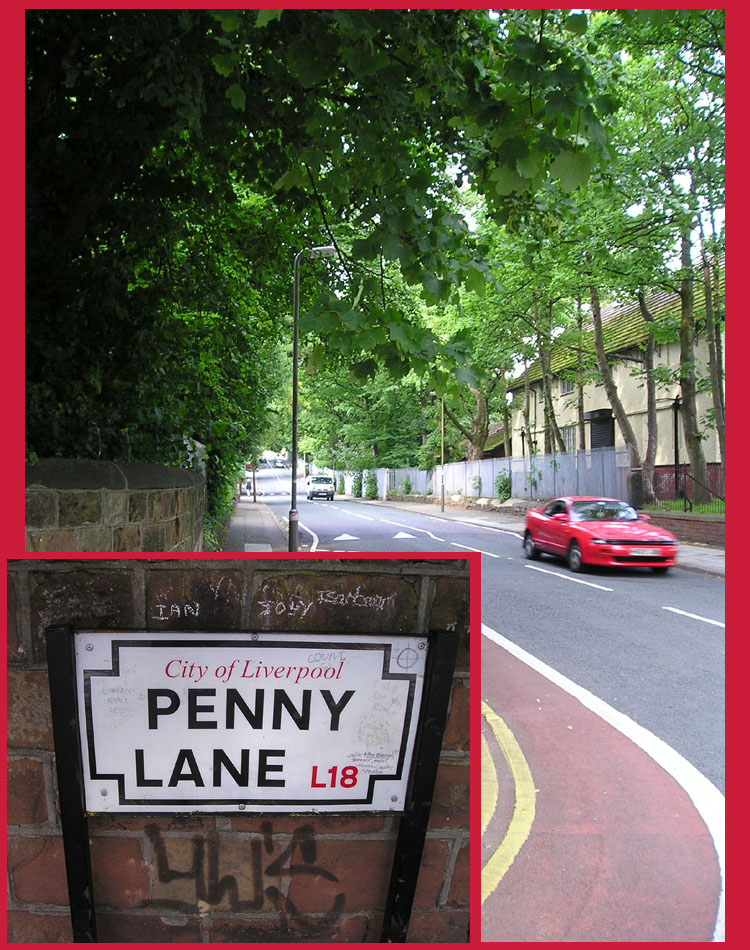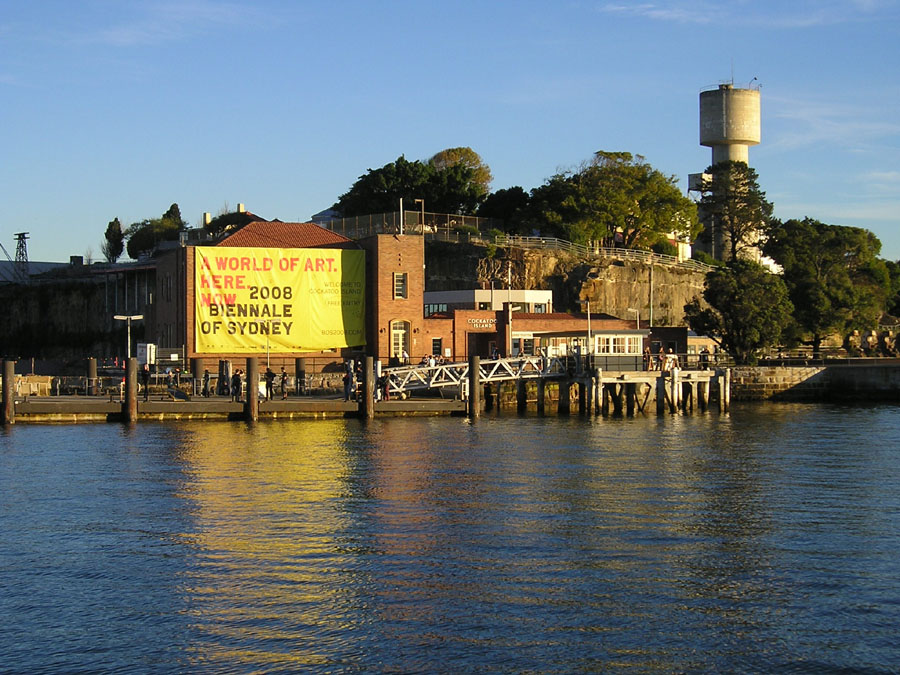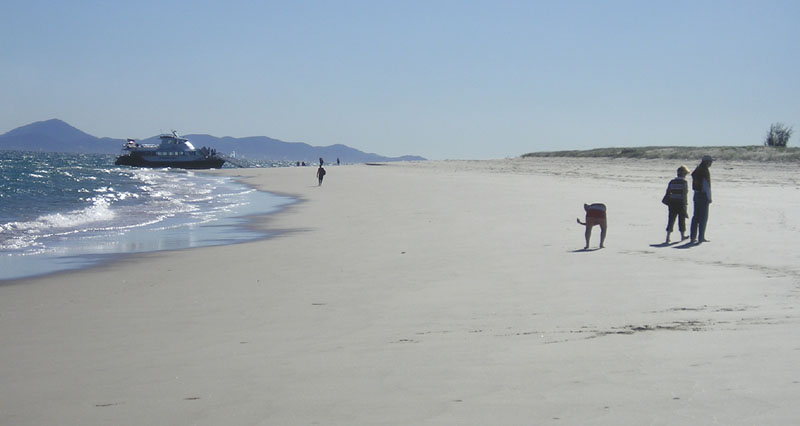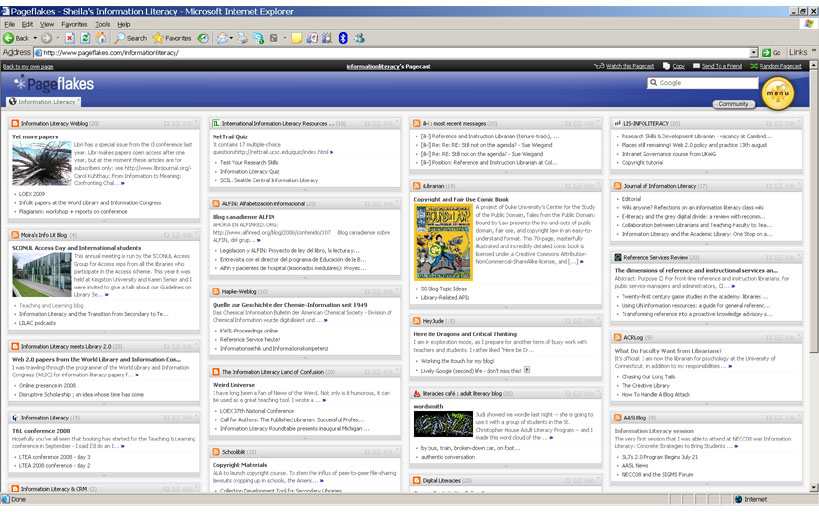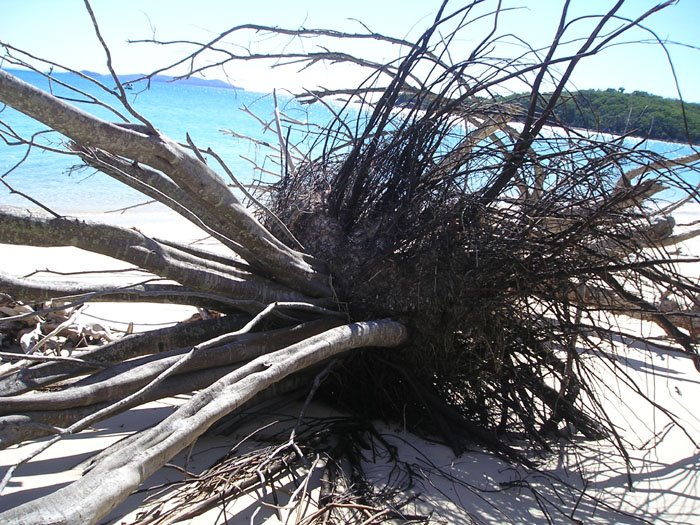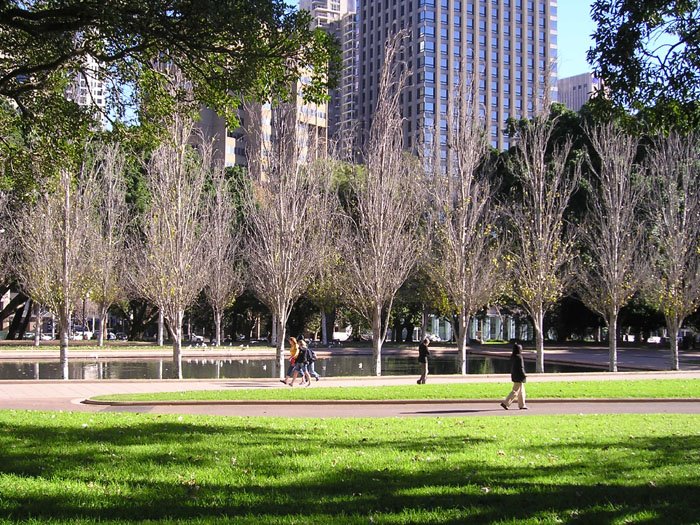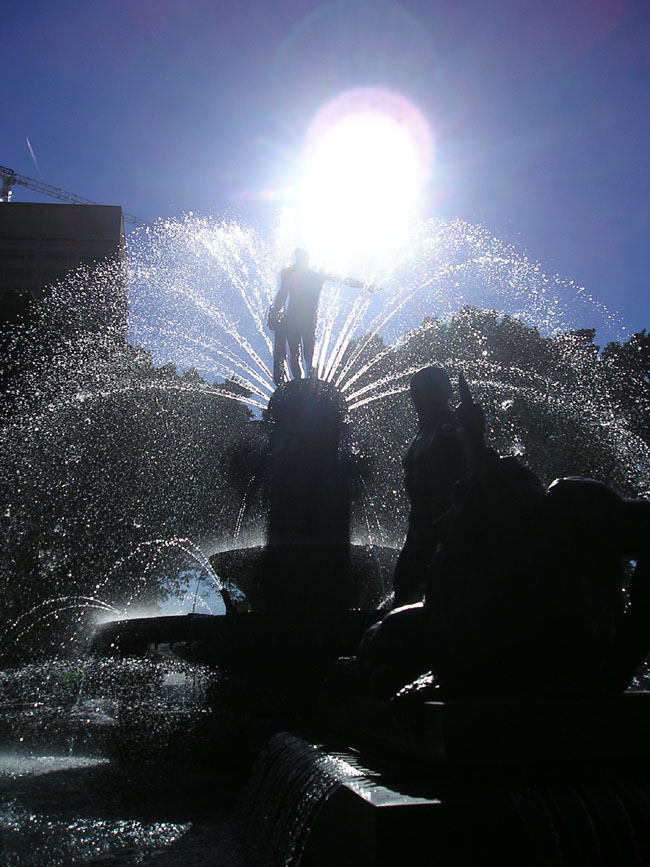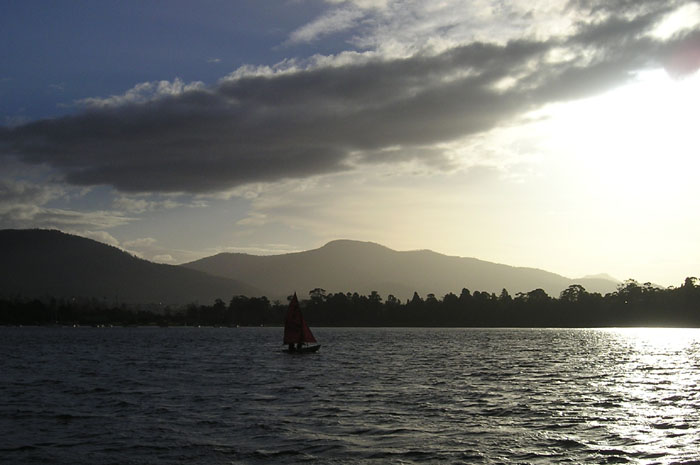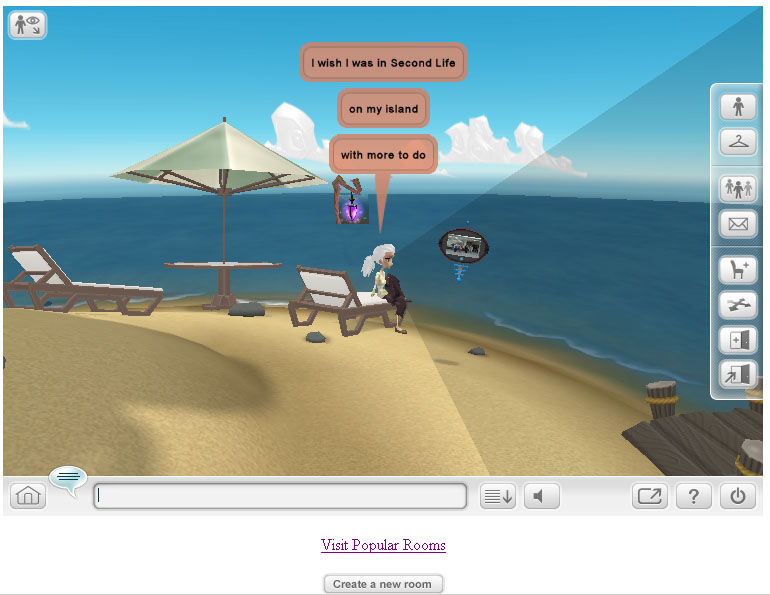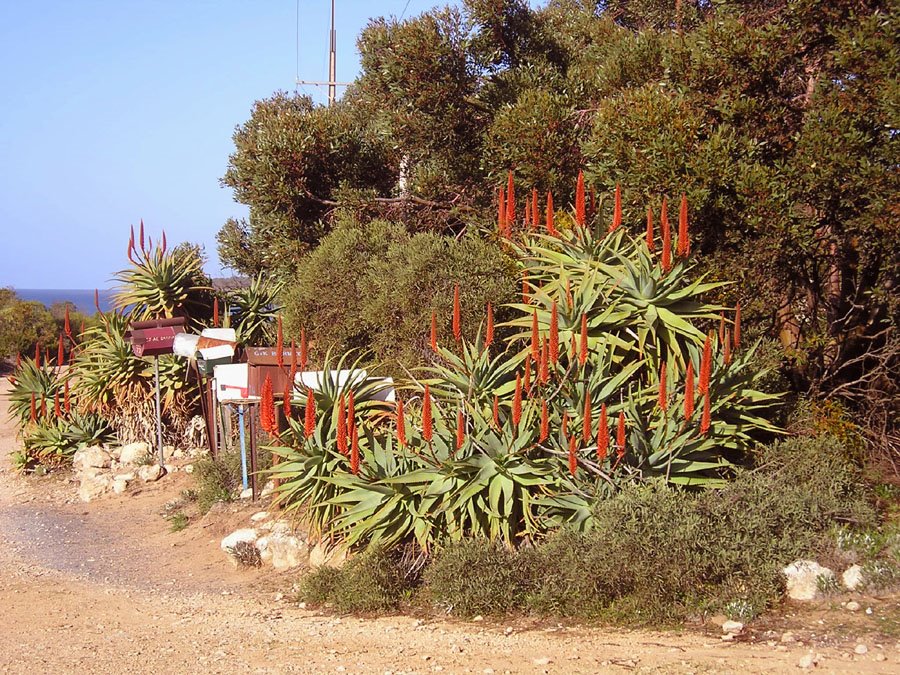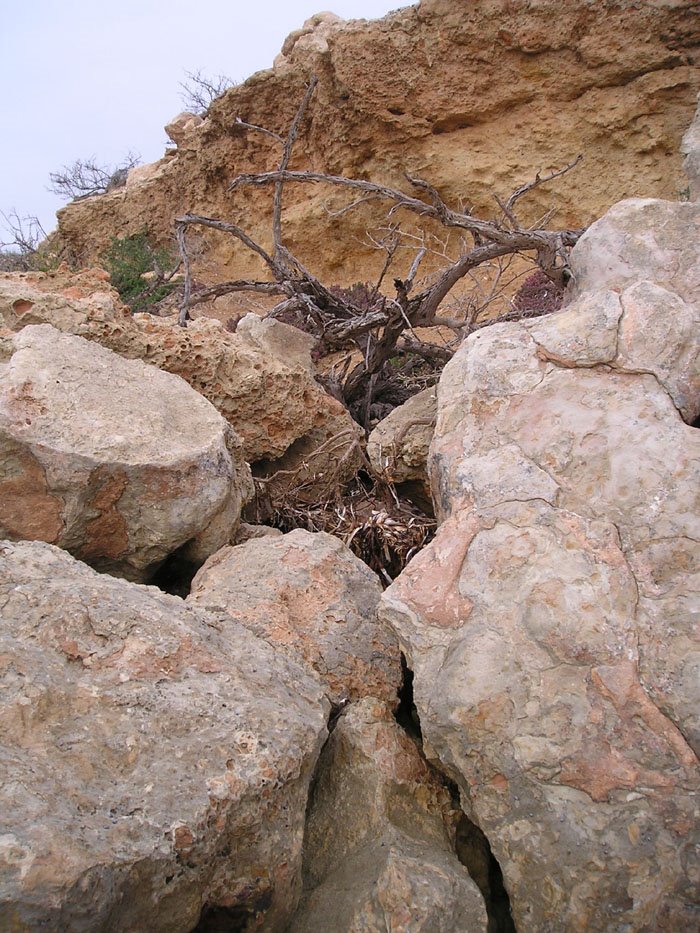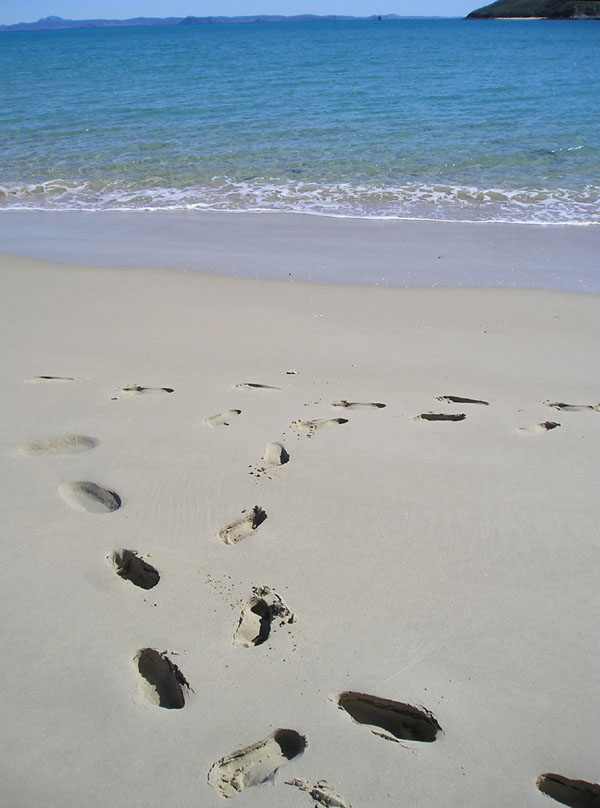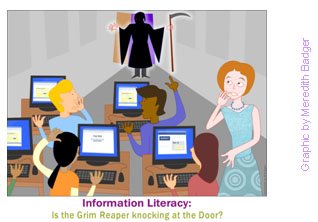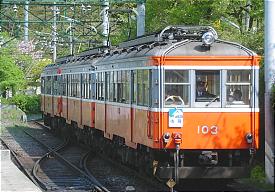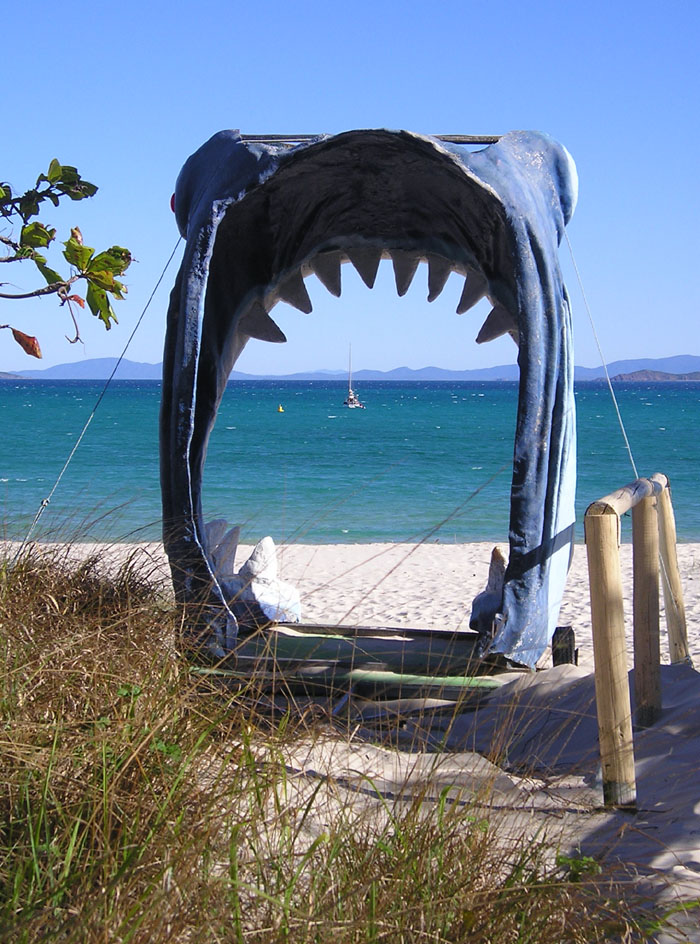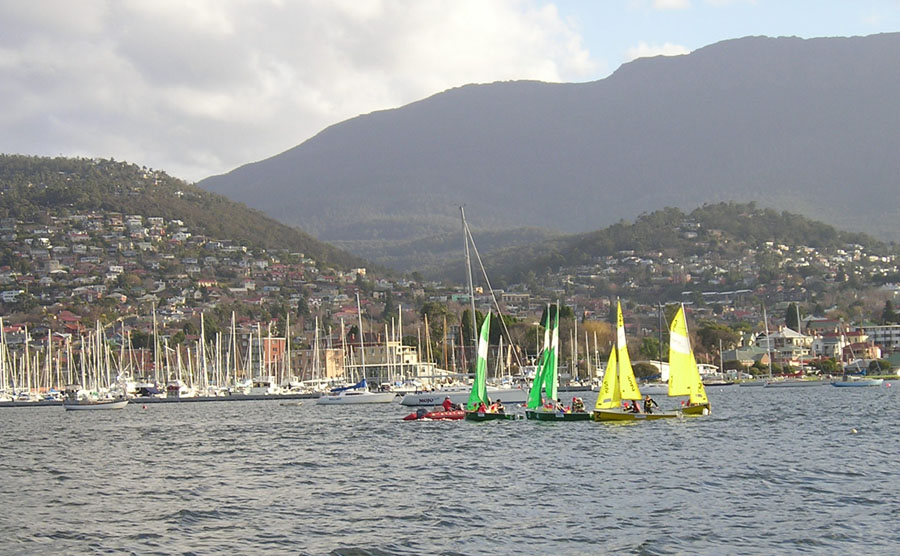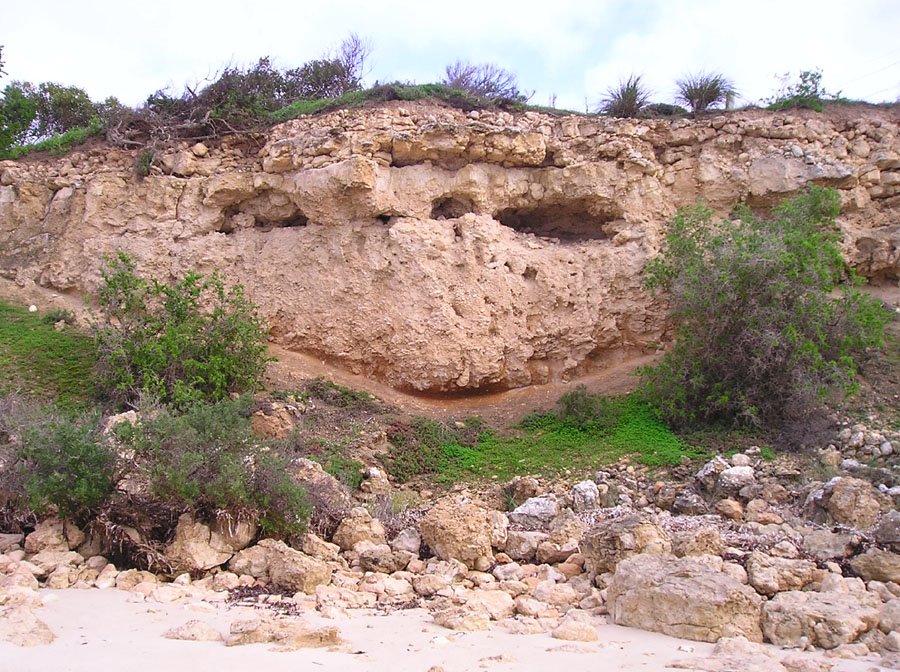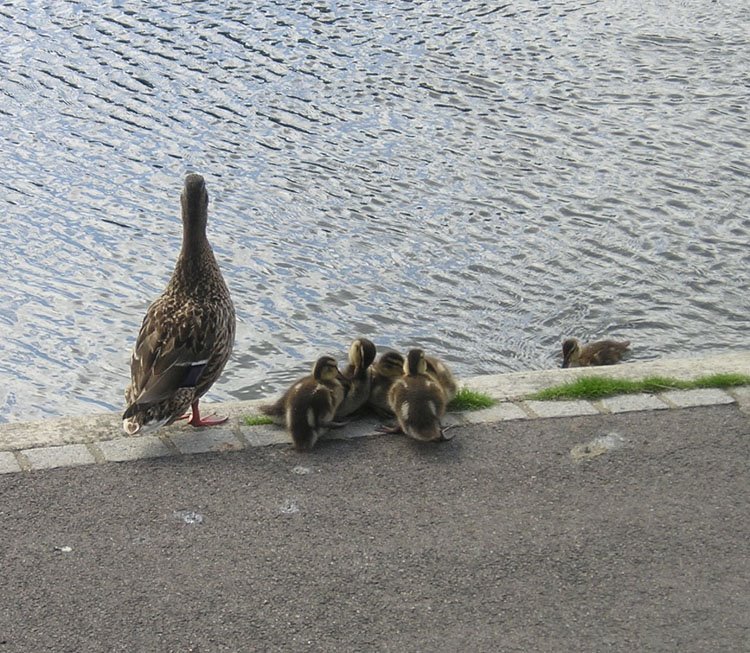
Earlier this month
ISTE (International Society for Technology in Education) issued a 2nd edition of its [US]
National Educational Technology Standards (NETS) for Teachers. This is an association that I wasn't aware of until I went into Second Life (where it is active), to be honest, but it seems to have prominence in the USA. Unfortunately the whole Teachers NETS 2008 only appears to be available in hard copy (you can order on the ISTE site). However the basic standards are at
http://www.iste.org/Content/
NavigationMenu/NETS/ForTeachers/
2008Standards/NETS_for_Teachers_2008.htm and the top lines are that teachers should:
1. Facilitate and Inspire Student Learning and Creativity
2. Design and Develop Digital-Age Learning Experiences and Assessments
3. Model Digital-Age Work and Learning
4. Promote and Model Digital Citizenship and Responsibility
5. Engage in Professional Growth and Leadership
There are also various other NETS publications that you can download free at
http://www.iste.org/AM/
Template.cfm?Section=NETS Notably, the
NETS for students 2007 ed. identifies five areas and lists performance indicators for each, as listed below. The age of students specified is 4-18 (i.e. pre-tertiary education). I have copied more detail about the third standard since it has the most obvious overlap with information literacy. An issue for me would be: how do these relate to various other frameworks (particularly for information literacy) and: aren't they rather wide ranging? Even leaving aside the issue of information literacy, I think that I would want to facilitate development of critical thinking with technology alongside critical thinking
generally. Lots of scope for discussion here - but also resources to explore (e.g. there is a wiki with some examples). The students' standards are:
1.
Creativity and Innovation ("Students demonstrate creative thinking, construct knowledge, and develop innovative products and processes using technology. ")
2.
Communication and Collaboration ("Students use digital media and environments to communicate and work collaboratively, including at a distance, to support individual learning and contribute to the learning of others. ")
3.
Research and Information Fluency. "Students apply digital tools to gather, evaluate, and use information. Students
a. "plan strategies to guide inquiry.
b. "locate, organize, analyze, evaluate, synthesize, and ethically use information from a variety of sources and media.
c. "evaluate and select information sources and digital tools based on the appropriateness to specific tasks.
d. "process data and report results."
4.
Critical Thinking, Problem Solving, and Decision Making ("Students use critical thinking skills to plan and conduct research, manage projects, solve problems, and make informed decisions using appropriate digital tools and resources.")
5.
Digital Citizenship ("Students understand human, cultural, and societal issues related to technology and practice legal and ethical behavior.")
There is an accompanying "profile" document which identifies some indicative attainments for particular age groups.
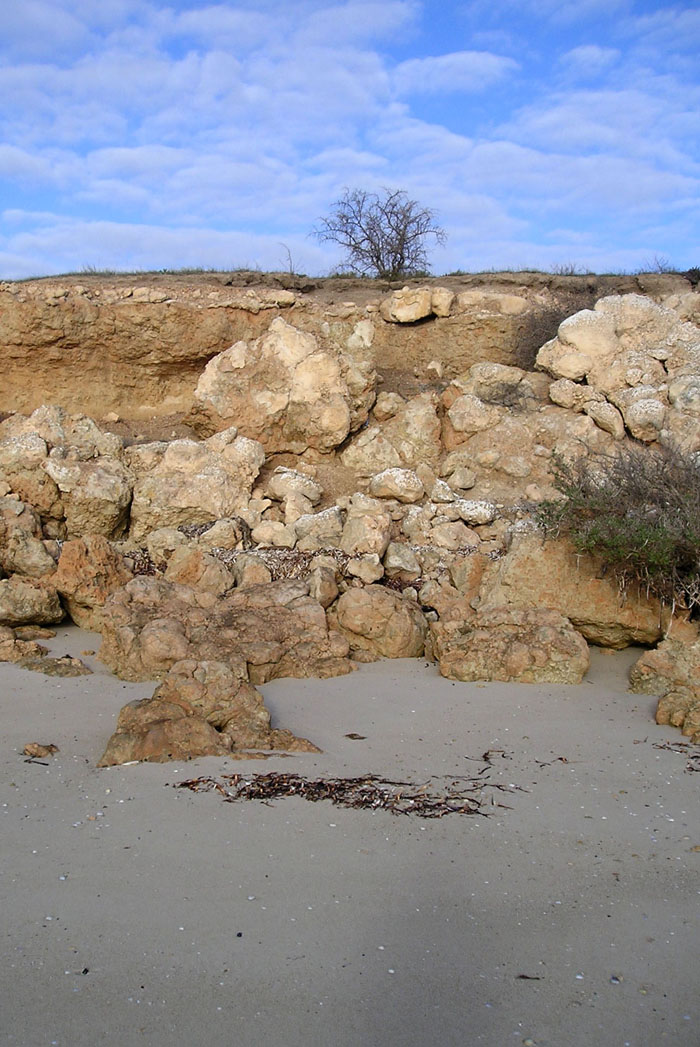 Health librarians in England will be well aware of the National Service Framework of Quality Improvement for NHS funded library services in England, but this may be of interest to those beyond (note to non-Brits: the National Health Service is UK-wide but the home nations have powers which result in some differences in policy and practice).
Health librarians in England will be well aware of the National Service Framework of Quality Improvement for NHS funded library services in England, but this may be of interest to those beyond (note to non-Brits: the National Health Service is UK-wide but the home nations have powers which result in some differences in policy and practice).